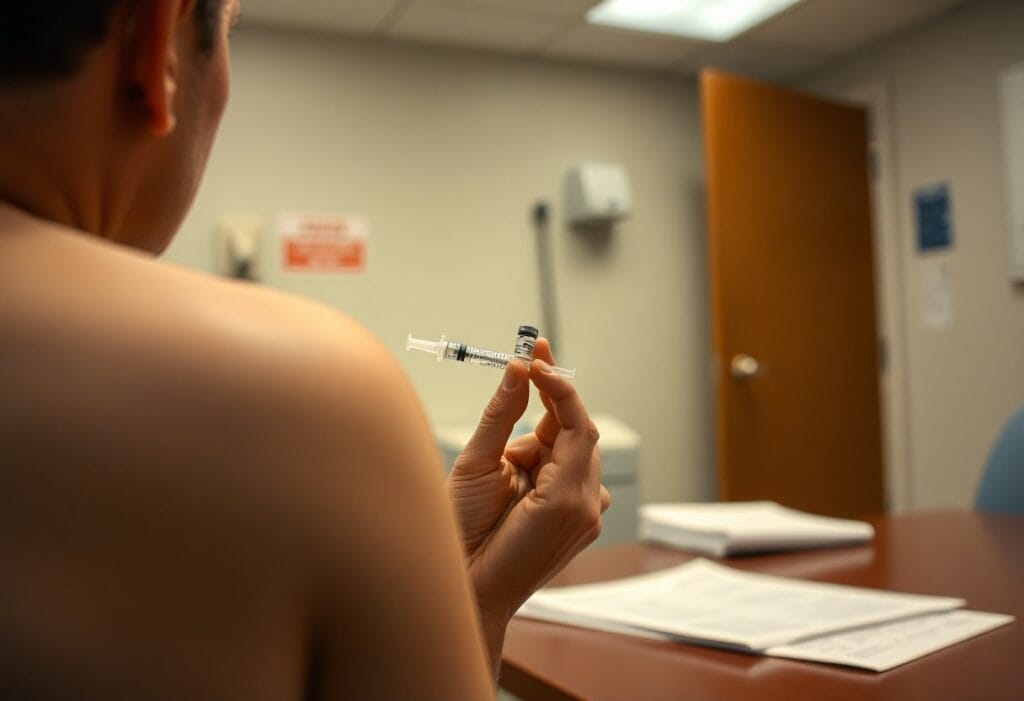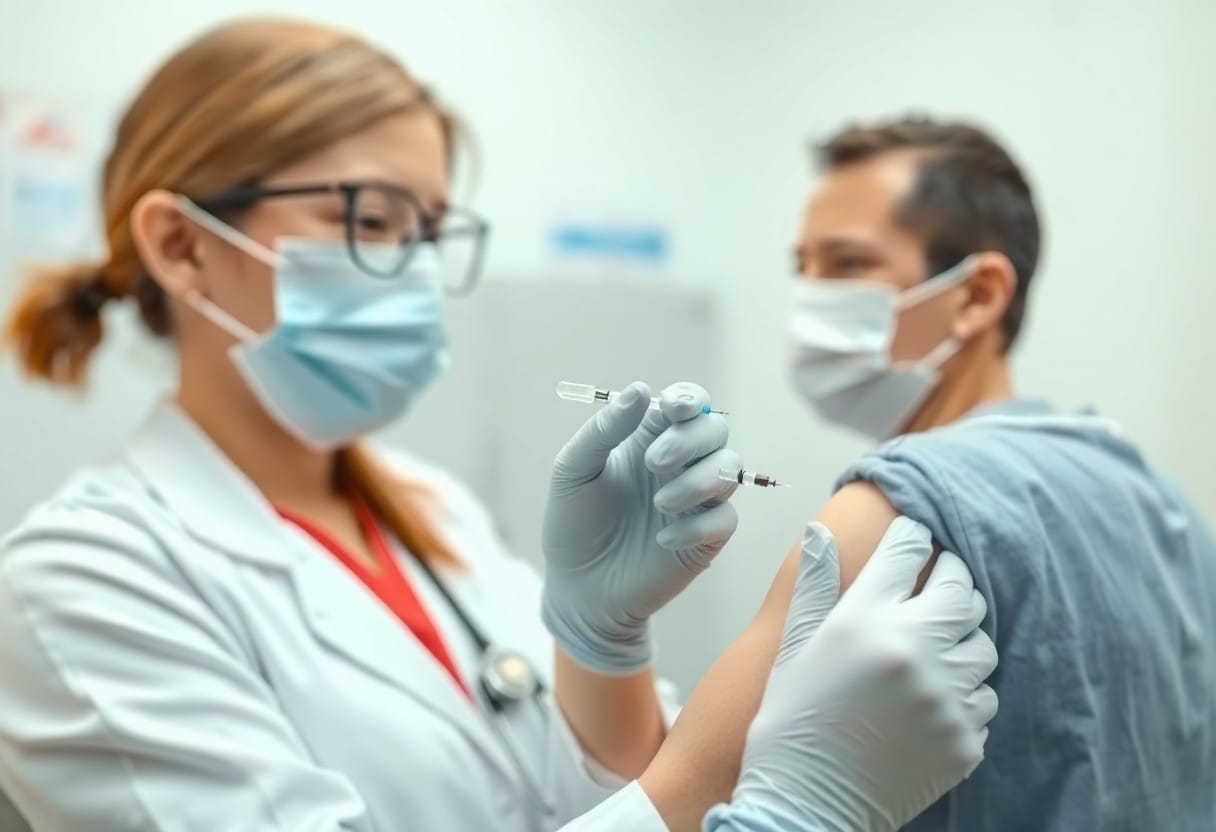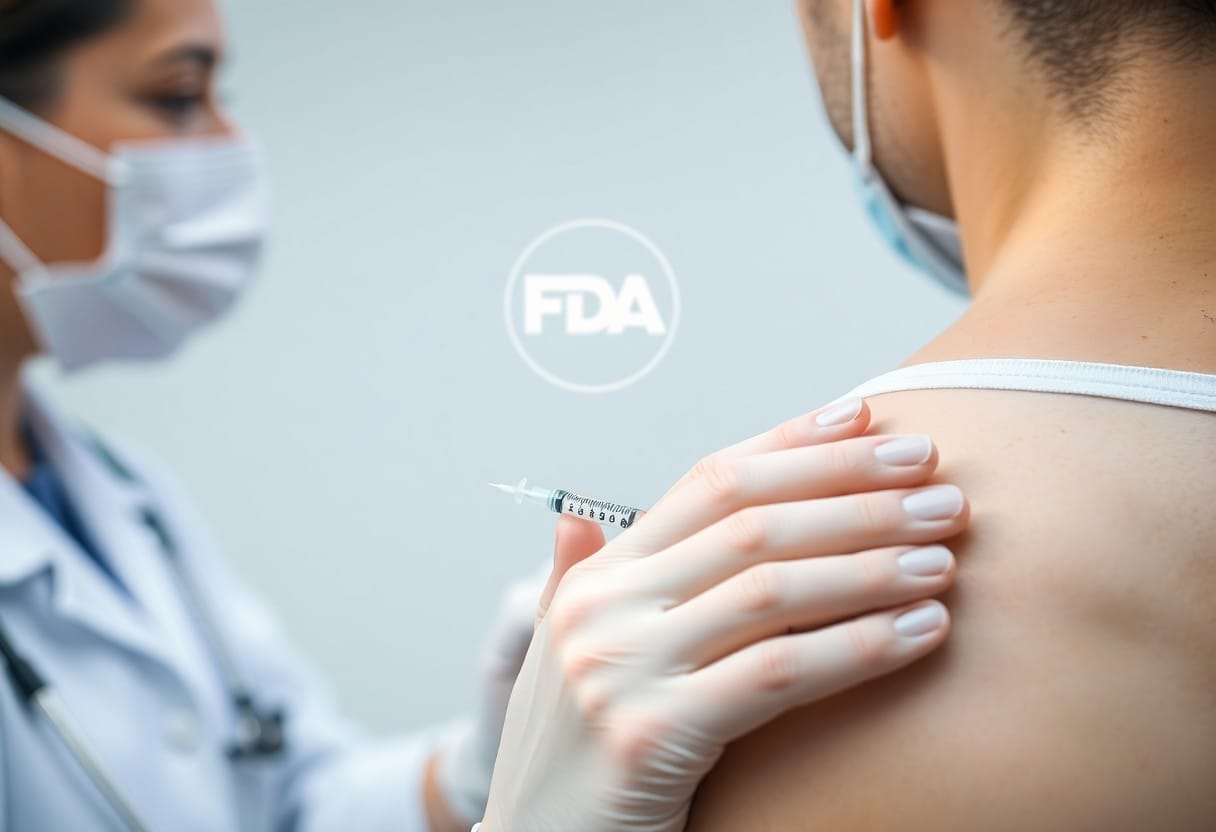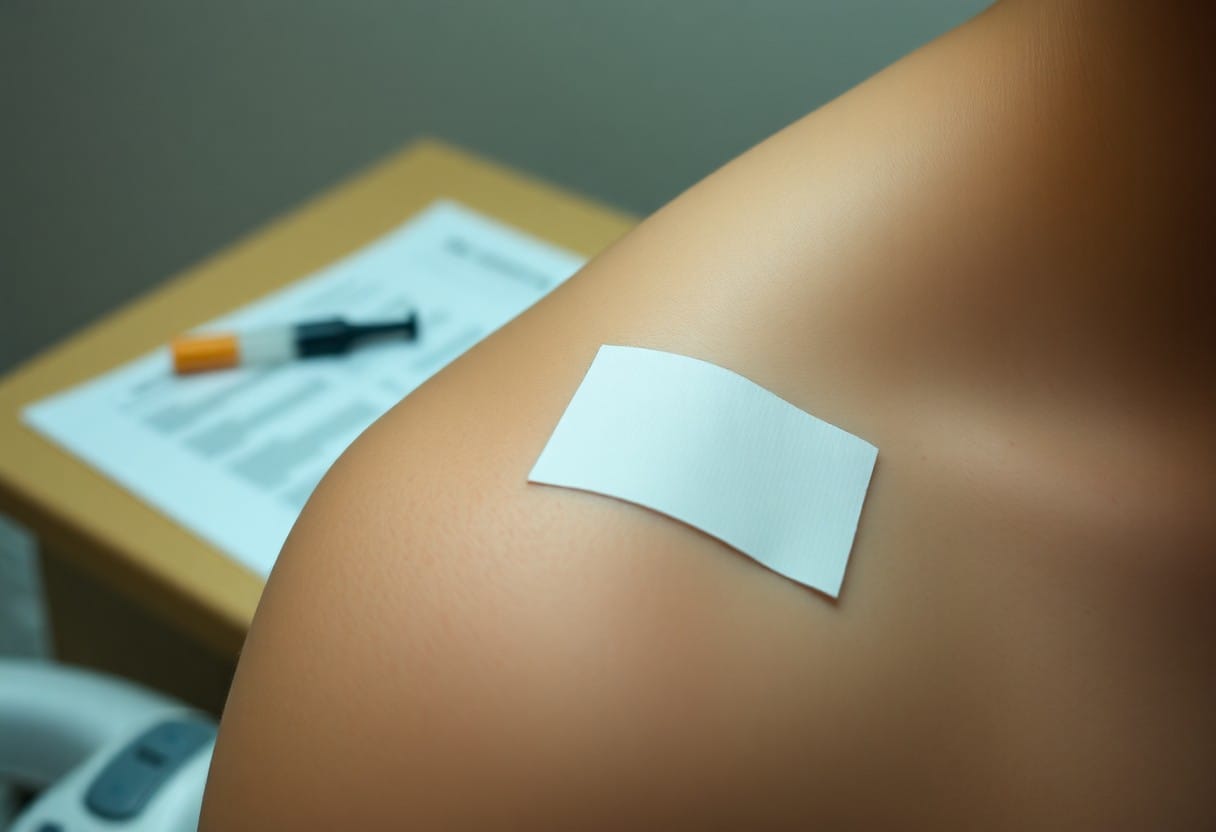SIRVA, or Shoulder Injury Related to Vaccine Administration, is a condition you might not know about until it affects you. If you’ve experienced persistent shoulder pain following a vaccination, it’s imperative to understand that this is not just a coincidence. You deserve to be informed about the symptoms, causes, and treatment options associated with SIRVA. Additionally, being aware of the steps you can take to prevent this injury in the future can significantly impact your health. In this post, we’ll explore what you should have known beforehand and how to navigate this challenging experience.
Understanding SIRVA
Your awareness of SIRVA, or Shoulder Injury Related to Vaccine Administration, is vital for recognizing potential complications from vaccinations. It can occur when a vaccine is administered too high in the shoulder, leading to injury of the shoulder structures. Understanding this condition will help you communicate effectively with healthcare providers if you experience any issues.
What is SIRVA?
Around 1 in 1 million vaccine doses can result in SIRVA, leading to significant discomfort and limitations in shoulder mobility. This adverse event is characterized by inflammation and pain due to improper injection technique, which affects the tendons, bursa, or even the joint capsule within the shoulder. Knowing this can help you take preventive measures and seek timely medical advice.
Symptoms and Diagnosis
Diagnosis of SIRVA typically involves a thorough assessment of your symptoms and a review of your vaccination history. You may experience persistent shoulder pain, swelling, and reduced range of motion in the weeks following a vaccine. To confirm SIRVA, healthcare providers often utilize imaging techniques and ensure other conditions are ruled out.
Even minor changes in your shoulder should not go unnoticed. Seek medical attention if you experience pain, tenderness, or difficulty moving your shoulder after a vaccination. Early diagnosis and intervention play a significant role in reducing the long-term impact of SIRVA. Be proactive in your healthcare—awareness and prompt action can lead to better management of this condition.
Causes of SIRVA
One significant aspect of understanding SIRVA (Shoulder Injury Related to Vaccine Administration) is recognizing its causes. This condition typically arises from improper injection techniques or individual risk factors that can increase your susceptibility to complications. Both aspects are crucial in preventing SIRVA and ensuring a safe vaccination experience.
Vaccine Administration Techniques
On occasion, SIRVA occurs due to inadequate vaccine administration techniques. If a vaccine is incorrectly injected into the shoulder, such as hitting nerves or muscles, it can lead to pain, weakness, and other complications. Ensuring that healthcare providers follow proper protocols can help you avoid this painful condition.
Individual Risk Factors
Besides administration techniques, individual risk factors play a significant role in developing SIRVA. These factors might include personal health history, anatomical differences, and muscle mass in the injection area. Being aware of these can empower you to take preventive measures:
- Health history: Previous shoulder injuries or conditions may increase risk.
- Anatomical differences: Unusual shoulder anatomy can impact vaccine effectiveness.
- Muscle mass: Less muscle may lead to a higher chance of injury.
Recognizing these risk factors can help you better prepare for vaccination and facilitate discussions with your healthcare provider.
SIRVA can manifest due to certain individual risk factors you may possess. If you have a history of shoulder injuries, neurological disorders, or muscle weakness, your chances of experiencing SIRVA may increase. Additionally, factors like age and gender can also contribute to your vulnerability. Taking the time to assess these elements will aid in mitigating risks associated with vaccinations:
- Age: Older adults may have a higher risk of complications.
- Previous injuries: Past shoulder injuries can affect recovery.
- Genetic propensity: Some people are genetically predisposed to shoulder problems.
Recognizing these individual risk factors is important for a safer vaccination journey.
The Impact of SIRVA
There’s no denying that SIRVA—Shoulder Injury Related to Vaccine Administration—can significantly alter your day-to-day life. The implications of this condition extend beyond just physical pain; they can affect your ability to perform daily tasks, engage in hobbies, and maintain a healthy lifestyle. Understanding the breadth of SIRVA’s impact can be the first step toward managing it effectively.
Physical Limitations
Along with pain, you may face limitations in shoulder mobility and strength. This can hinder your ability to perform routine tasks like reaching, lifting, or even driving. Simple activities, such as dressing or exercising, can then become challenging, depriving you of the independence you once had.
Psychological Effects
With the challenges of SIRVA can come emotional distress. You might find yourself feeling anxious or frustrated due to the physical limitations that affect your daily routines and activities. This emotional toll can further complicate your recovery process, as the mind-body connection plays a significant role in healing.
And while these feelings can be overwhelming, they are part of the adjustment process. You may experience moments of frustration as you cope with your physical limitations, which could lead to increased anxiety and a sense of loss regarding activities you once enjoyed. Seeking support—be it through professional therapy or support groups—can be instrumental in managing these psychological effects. It is vital to prioritize your mental well-being and acknowledge how SIRVA impacts not only your body but your mind as well.
Treatment Options
Now that you understand SIRVA, it’s important to explore the available treatment options. Early intervention can significantly improve your recovery and reduce long-term discomfort. Options may include physical therapy, medication, and alternative therapies tailored to your needs. Consulting a healthcare professional can help you devise a treatment plan that works best for your situation.
Immediate Care
On the first signs of SIRVA, it’s vital to seek immediate care. You should apply ice to the injection site for 15-20 minutes a few times a day, take over-the-counter pain relievers like ibuprofen or acetaminophen, and rest the affected shoulder to minimize inflammation and pain.
Long-term Management
Along the path of recovery, long-term management strategies become important for those dealing with SIRVA. Engaging in regular, physician-guided physical therapy, practicing stretching exercises, and ensuring consistent follow-ups with healthcare providers can help you regain mobility and strength over time.
It’s important to be proactive in your long-term management plan. Schedule regular check-ups to monitor your recovery and discuss any ongoing pain or limitations with your doctor. Engaging in a tailored physical therapy program can significantly enhance your shoulder function and help alleviate chronic discomfort. Incorporating gentle stretching and strengthening exercises can improve your range of motion, while maintaining an open dialogue with your healthcare provider allows you to adjust your management plan as needed for optimal healing.
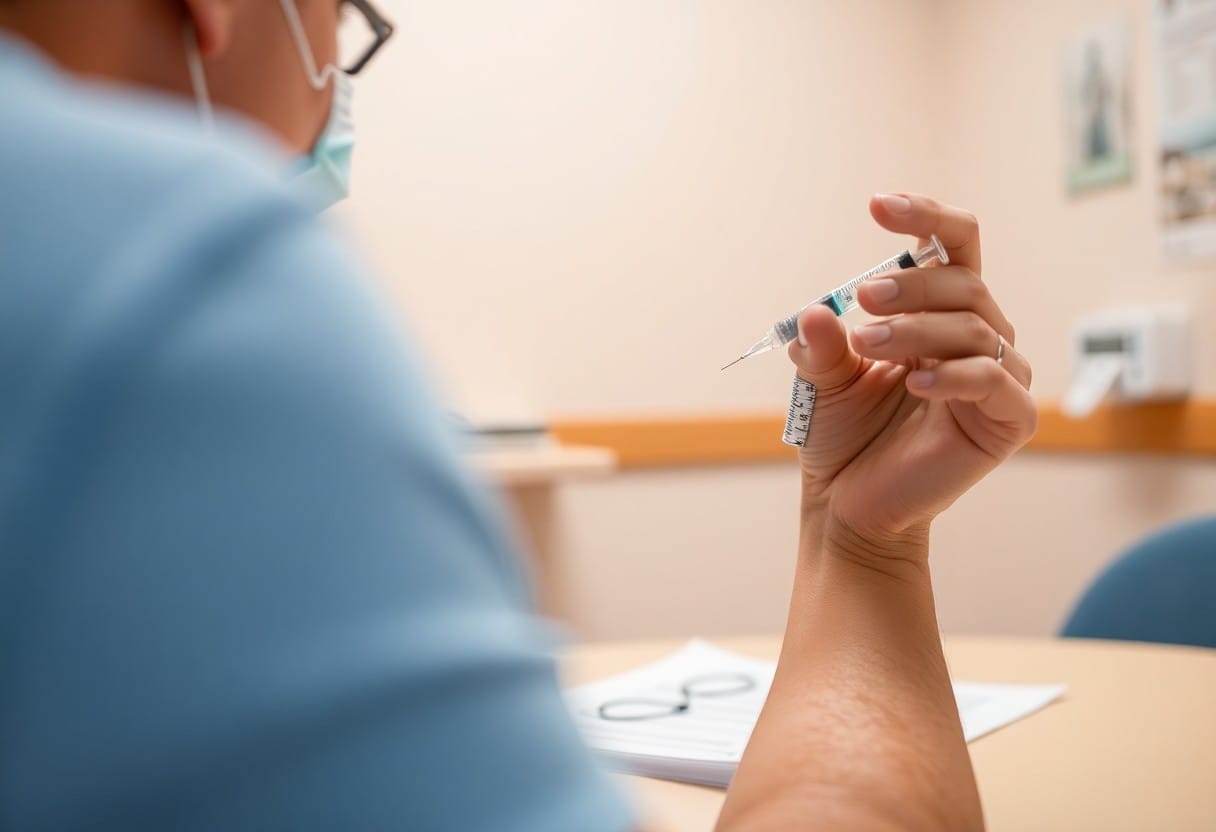
Prevention Strategies
All vaccinations carry a risk, but SIRVA can often be avoided with proper prevention strategies. Understanding how to administer vaccines safely and ensuring you are receiving immunizations from informed healthcare providers can make a significant difference. By taking proactive measures, you can protect yourself from potential complications associated with improper vaccine administration.
Best Practices for Vaccine Administration
By following best practices for vaccine administration, healthcare providers can minimize the risk of SIRVA. This includes using the correct injection site, ensuring proper needle length based on patient anatomy, and maintaining a steady hand during administration. Implementing these strategies can help ensure vaccines are delivered safely and effectively, reducing the likelihood of complications.
Educating Healthcare Providers
Across the healthcare community, educating providers about the risks associated with SIRVA is crucial. Ensuring that all staff members are knowledgeable about proper techniques and the importance of patient comfort during vaccinations can significantly reduce the occurrence of shoulder injuries.
But merely providing information is not enough; training must be ongoing to keep healthcare providers updated on the latest best practices. This includes workshops, seminars, and updated guidelines that emphasize proper injection techniques and the importance of communication with patients. When your healthcare provider understands the correct methods and techniques for vaccination, you are more likely to have a positive experience, minimizing any risk of injury such as SIRVA.
Personal Experiences
For many individuals, receiving a vaccine can lead to unexpected complications. My personal journey with SIRVA (Shoulder Injury Related to Vaccine Administration) revealed the physical and emotional struggles associated with this condition. Initially, I didn’t realize that the pain and limited mobility in my shoulder were connected to the vaccine. Your experience may differ, but sharing these challenges can foster understanding and support for those facing similar difficulties.
Coping with SIRVA
Between managing persistent pain and navigating healthcare systems, coping with SIRVA can feel overwhelming. It’s necessary to prioritize self-care and seek professional help for pain management. You might find it beneficial to explore physical therapy or pain relief techniques to ease your shoulder discomfort. Remember that patience is key as you adjust to these changes.
Community Support and Resources
Coping with the aftermath of SIRVA is challenging, but community support can make a significant difference. You can connect with others who share similar experiences through online forums and local support groups. Engaging with these communities allows you to exchange information about effective treatments, coping strategies, and emotional support.
Due to the increasing awareness of SIRVA, various online resources and support groups are available that can help guide you through your healing journey. Organizations often provide information about medical care options and patient advocacy to assist with navigating the complexities of SIRVA. Connecting with others who have experienced SIRVA can be invaluable in helping you manage your condition and regain a sense of control over your health.
Summing up
So, understanding the risks and symptoms of Shoulder Injury Related to Vaccine Administration (SIRVA) can better prepare you for potential complications. Being aware of your body and seeking timely medical advice if you experience unusual pain or limited mobility after vaccination is necessary. Early intervention can lead to a more effective treatment and recovery. Educating yourself about SIRVA empowers you to make informed decisions regarding your health and vaccinations, ensuring you can approach these necessary medical interventions with confidence.


